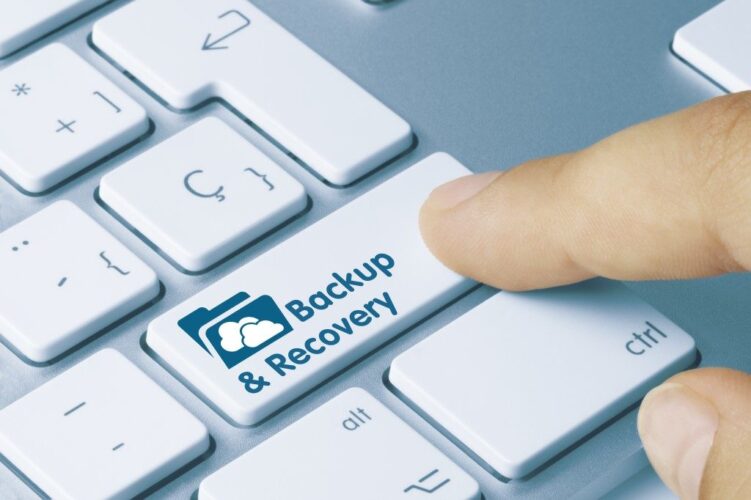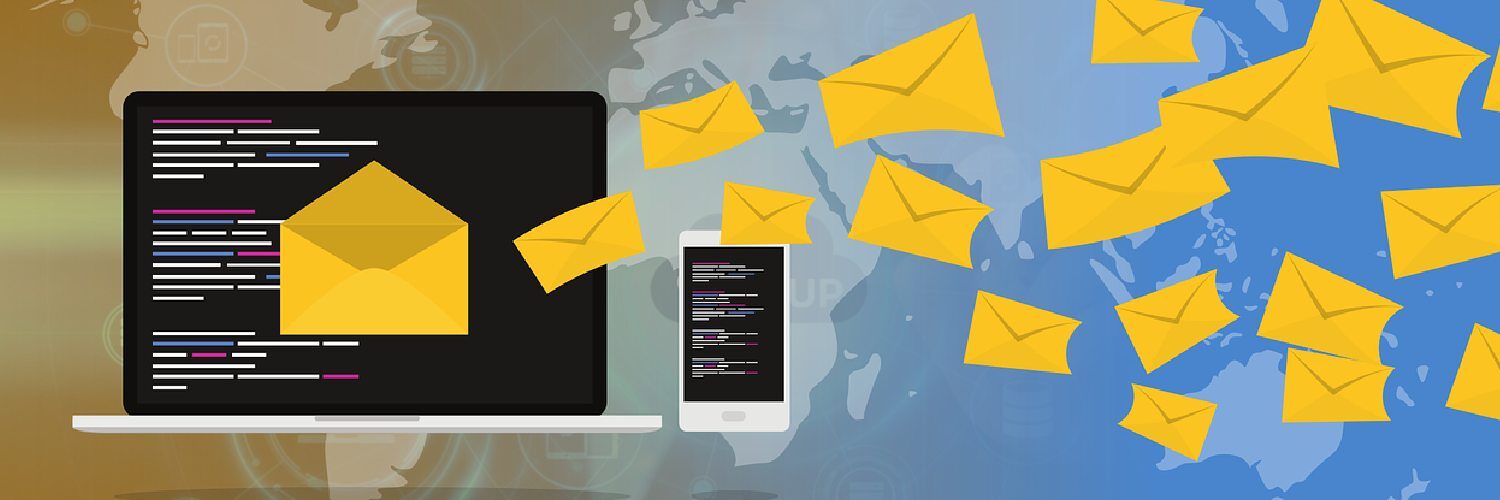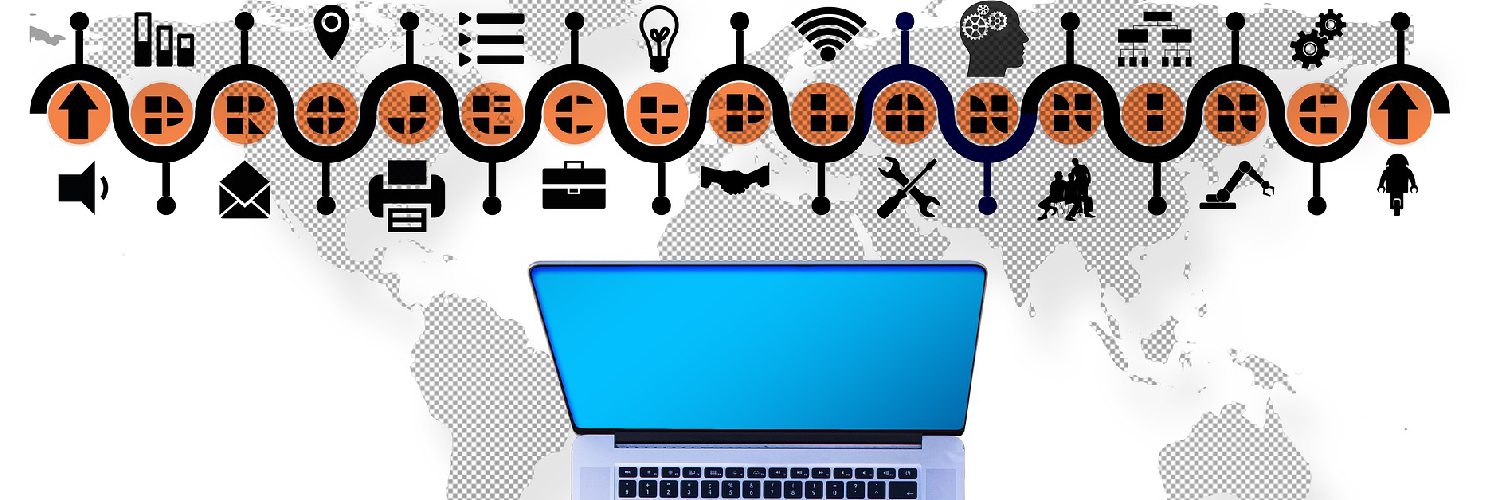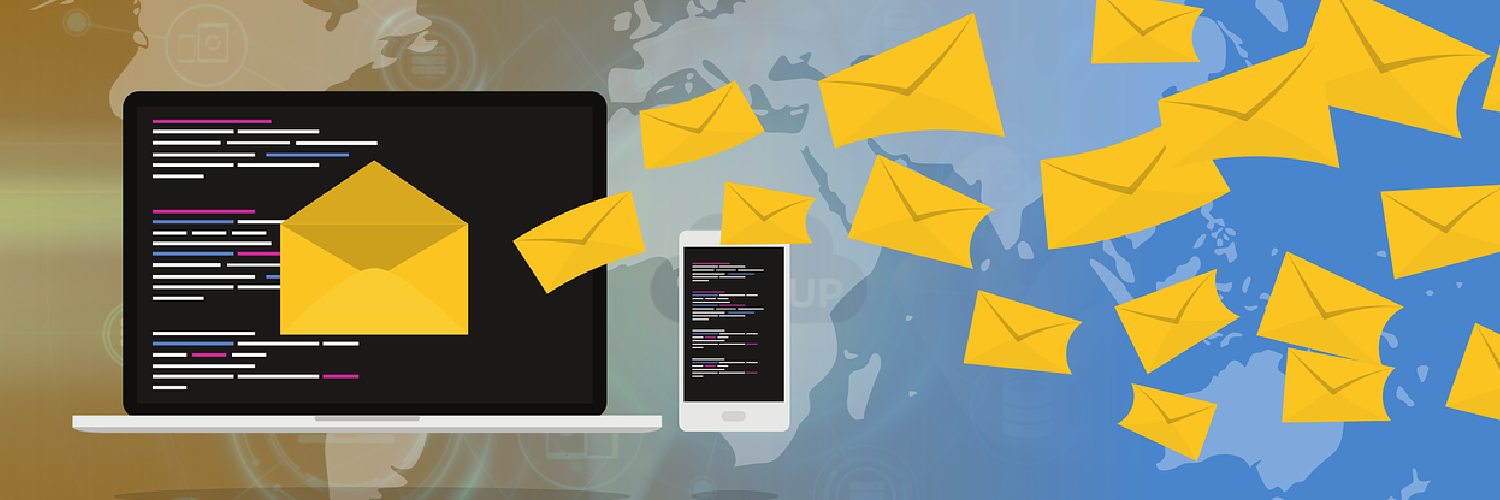- Jamie Thomas
- 0 Comments
- 5657 Views
Data backup is critical for all businesses. Whether you’re a startup, a small business or an enterprise company, data backup is something that you need to have a plan for at all times. If your business operates on computers and digital storage devices, then the risk of data loss is high. It doesn’t matter whether you operate from your home office, a co-working space or an enterprise office – if you store information digitally, you need a plan for data backup.
If your business stores important documents and files digitally, it’s imperative that you develop an effective strategy for data backup as quickly as possible. Data loss can result in irreparable damage to your company and can even force you out of business in some circumstances.
The following checklist will help you get started on developing a comprehensive data backup plan.

Checklist for Data Backup
There are a number of factors that you need to consider before you can create a data backup plan. The most important thing is to determine which data you need to back up. You also need to consider where that data is stored and on what medium. You also need to think about how often you’ll need to perform backups and how long each one will take. With all of these considerations in mind, you can create an effective data backup plan for your business.
Confirm the type of data you need to back up.
The first step in creating a data backup plan is to confirm which data you need to back up. There are lots of different types of data that are critical to the smooth running of your business. Some examples of data that you might want to back up include customer data, financial data and employee data. You should also ensure that you back up critical infrastructure data, such as your internet connection details and your online payment system credentials. You might also want to back up your website data to ensure a smooth transition to a new server in the event of a disaster.
Decide on the medium you’ll use to back up your data.
The next step in creating a data backup plan is to decide on the medium you’ll use to back up your data. There are lots of different options for storing data, and you need to decide which suits your business best. Some of the most common data storage options include hard drives, flash drives, offline storage and cloud storage. You may decide to use a combination of these storage options for your data backups. Hard drives are a cheap and effective way to store data, but they’re only useful if you have an internal backup system in place. Flash drives are useful for transporting data between computers, but they’re not particularly safe if your computer is stolen or you encounter a natural disaster.

Determine how often you’ll back up your data.
The next step in creating a data backup plan is to determine how often you’ll need to back up your data. You’ll likely want to perform regular backups to ensure that you don’t run into any issues. Ideally, you should back up your data daily or even multiple times per day. Depending on the type of data you’re storing, you may need to backup your data more or less frequently. For example, you may want to backup your financial data more often than you back up customer data.
Estimate how long it will take to back up your data.
Once you’ve confirmed the data you need to back up and decided on the medium you’ll use to do it, you can start to estimate how long it will take to back up your data. Be sure to include all stages of the backup process when you’re making this estimation – from the time it takes to select the data, to the time it takes to back it up and even the time it takes to store the data in a safe and secure location. Once you know how long it will take to perform regular backups, you can create a consistent and reliable data backup plan.
Choose the tools and technologies you’ll use to perform backups.
When you’ve determined the data you want to back up and the medium you want to use to do it, you can start to select the tools and technologies you’ll use to perform backups. You may want to run a few tests to ensure that they’re up to scratch. You may also want to consider hiring an external company to perform your backups for you. This can save you time, money and effort, and can also ensure that your data is properly backed up on a consistent basis or even purchase a software solution.

Summing up
Data backup is critical for all businesses. Whether you’re a startup, a small business or an enterprise company, data backup is something that you need to have a plan for at all times. If your business operates on computers and digital storage devices, then the risk of data loss is high. It doesn’t matter whether you operate from your home office, a co-working space or an enterprise office – if you store information digitally, you need a plan for data backup. The checklist above will help you get started on developing a comprehensive data backup plan.














